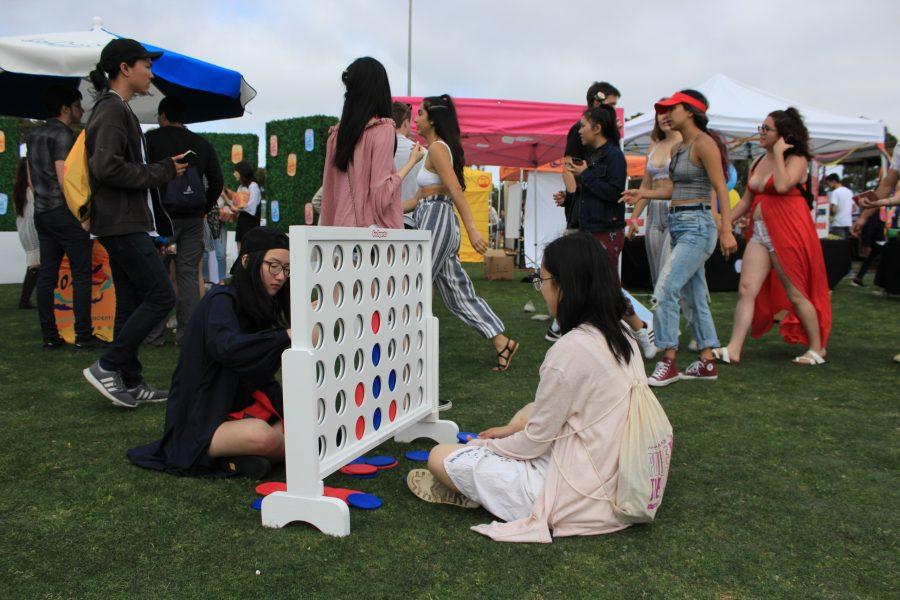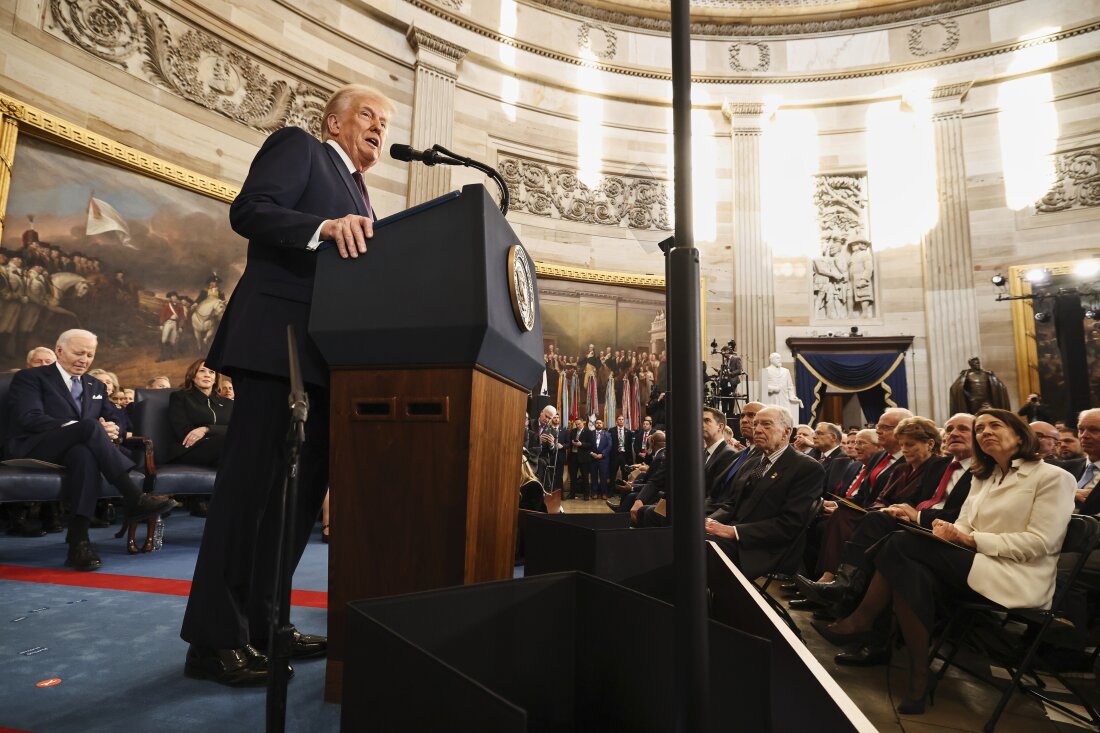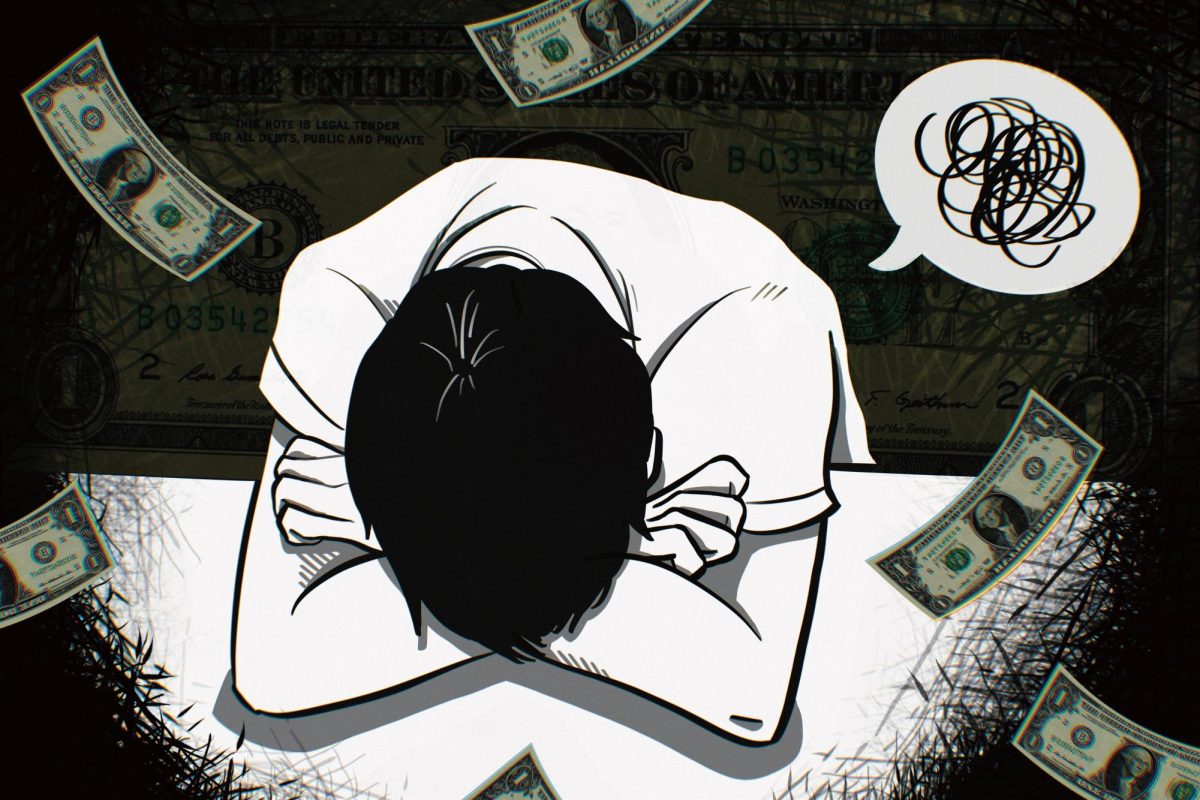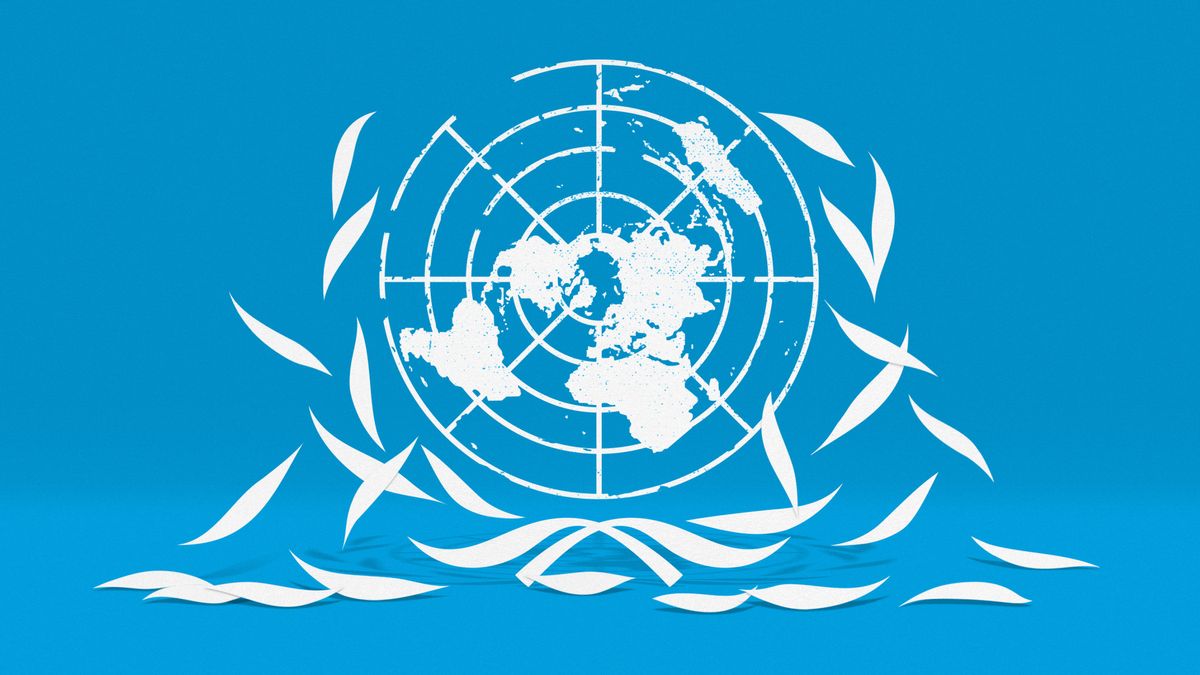I recently volunteered at a preschool event. It was a festival, and I was put in charge of a ring toss game stall. The teacher told me to be lenient with the kids and that as long as the ring touched the prize, they could have it. The prizes looked like cheap dollar store items and there were two full tubs of them.
It was my first time dealing with toddlers in a long time. I had no idea how much I could reason with them. Many walked past the line they were supposed to throw from. Some didn’t seem to understand the concept of throwing. One memorable girl walked straight up to the prize she wanted and dropped the ring from right on top.
And then there were the parents to deal with. Some of them made their kids follow the rules and stand behind the line. But others would tell me their kid wanted this and that and asked me to put it in an easy place for their kid to get. I, as just a volunteer, didn’t want to argue, so I let the parents have their way with their kids.
But that made me wonder about the way kids are brought up.
At the festival, I felt uneasy with two things I saw. First, was the materialist culture that was already being ingrained in these kids. Most of them seemed more interested in the cheap dollar store prizes than the challenge of the ring toss. This, for sure, I am against. Second, was the gendering that was going on. Another volunteer at the ring toss stall would bring out traditionally feminine objects like pink tea sets when a girl came and traditionally masculine objects like swords when a boy came. I did not feel good about this, but I felt unsure about it at the same time. Does this mean I should’ve offered the girl the sword and the boy the tea set, just offer the sword, just offer the tea set, be neutral, or base my decision on some other trait of the child other than perceived gender?
The fact that I am unsure about how to treat toddlers concerns me because it reveals how I barely have any contact with an entire demographic that is critically important to society’s future.
Education is important and vastly underrated in today’s society, especially early childhood education. Our understanding of their education should reflect this importance.
The sooner a child can ask questions, the more effectively that child can learn from the adults and older children surrounding them. The sooner a child learns to read, the more that child can teach themselves about all kinds of things in the world. Just like with compound interest, starting early matters. The advantages add up drastically. Despite some thinking that teens and young adults are too immature to start learning about early education, a head start is exactly what our world’s future needs.
Many of us, myself included, are college students without kids. Perhaps we may have them in a few years, or maybe not until another decade or two, or not at all. Many other people are already parents, or perhaps grandparents, or even great-grandparents.
To the people without children: Have you ever stopped and thought of how you would raise a kid if you ever held that responsibility?
To the people already with kids: You’ve probably reflected a lot already. But how often have you gotten overwhelmed or consumed by daily tasks that you forgot the importance of raising a child, along with the pride and accomplishment of doing so?
I think it is never too early nor too late to think about how to raise children, given how critical the task of educating the future generation is. Many people in my generation and those before call for addressing climate change and criticize the wasteful culture that generates pollution. Yet, how many of us notice the underlying cause of materialist and consumerist culture being silently passed on to the future generation? That there are kids being brought up in the culture of cheap plastic throwaway one-time satisfactions. Many people in my generation and those before call for gender equality. Yet, how many of us notice the gendering that kids are put through? That a dilemma actually exists in the seemingly simple question of giving a child a tea set or a sword, and that the decision may play a role in determining their future.
Education is the key to change. Change that lasts.
Thinking back, if I were the teacher or parent, I would’ve enforced the rules of the game and would’ve been less lenient: still two tickets to play, still three throws, but you only get the prize if you completely loop it in. But in exchange, I would’ve had a separate practice stall next door for kids to hone their skills for free, as many times as they want, before going up for the challenge. Thus, kids learn the importance of practice and preparation while sharpening their motor skills, learn to cope with losing and learning from mistakes, and rise to the challenge and gain a true feeling of accomplishment with a befitting reward.
How would you have done it?
Image by McKenna Johnson of the UCSD Guardian














eva • Jan 11, 2023 at 11:44 am
I honestly don’t see why more people haven’t done this given that I work two shifts, two during the day and two during the evening. And I surely received a $29,000 check. Being able to work from ac60 home allows me to spend more time with my children, which is wonderful.
.
.
See this article for further details—————————————>>> WORK AT HOME